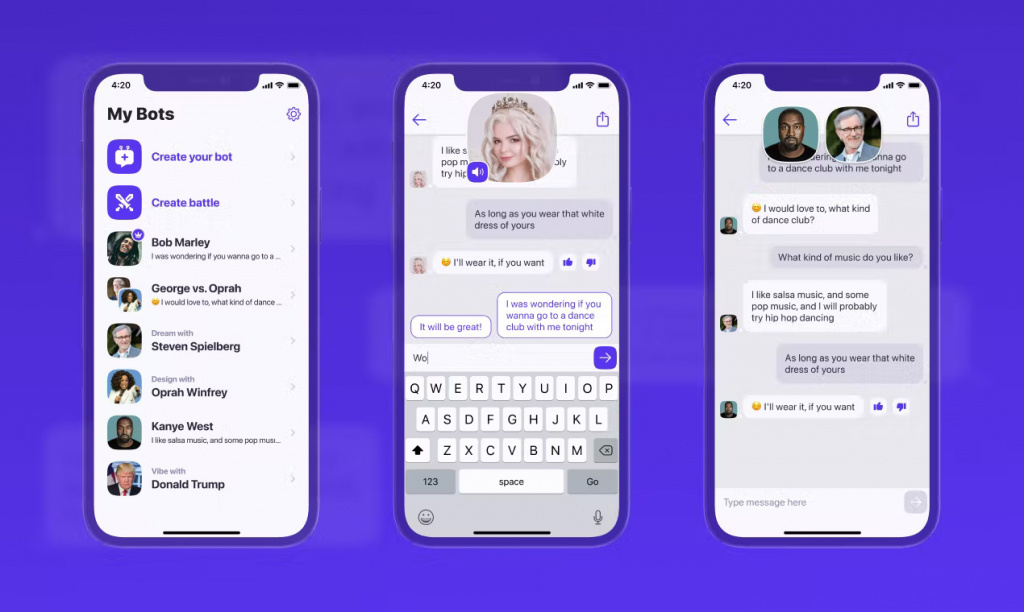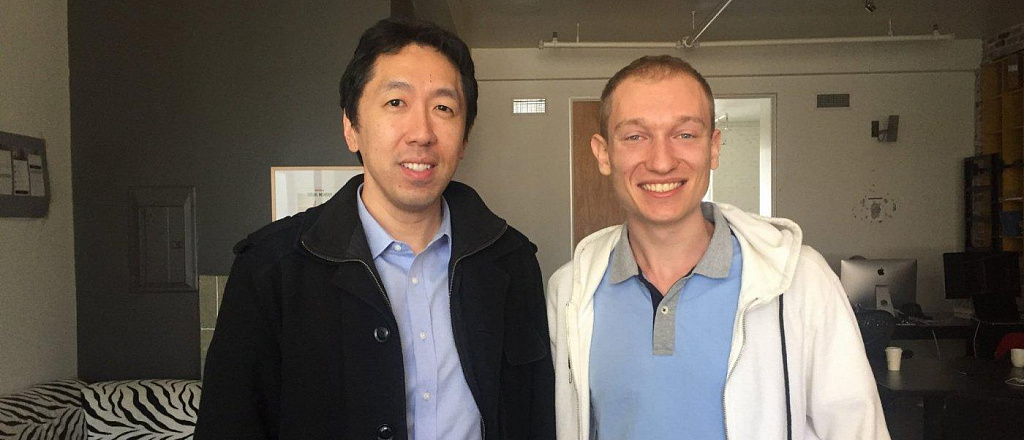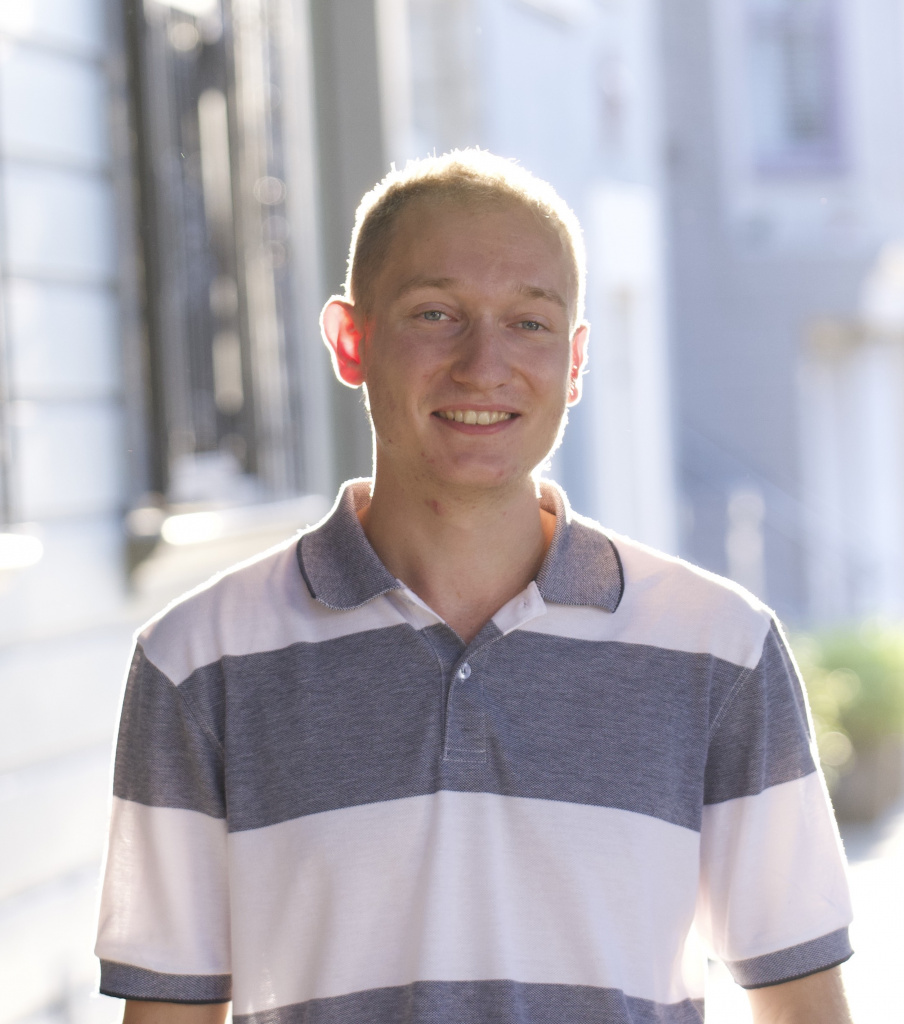Artem Rodichev worked for a long time as Head of AI at Replika, the largest chatbot in the world. He recently founded his own company where he creates digital people for business. We talked with him about the technologies that he uses in his work, and found out where they can be learned.
Artem Rodichev, San Francisco, founder and CEO of Ex-Human, linkedin
About myself
I was born and raised in Almaty. I studied at school number 134 with a mathematical bias. During studies, was fond of programming, participated in international and national competitions. With this passion for the exact sciences, entered the Moscow State University named after M.V. Lomonosov at the Faculty of Computational Mathematics and Cybernetics. At the same time, I studied at the «School of Data Analysis» from Yandex, where then got a full-time job.
After graduating from high school, I went to a startup. It was called Luka and was developing Conversational AI — building a chat bot for finding restaurants. This is something like a friend who can chat with you, recommend cool places in the city, book a table.
With this idea, we went to Y Combinator and became the first startup from the CIS to pass. So we moved to San Francisco with the team and continued to work in English for the American market.
About Conversational AI Technology
Conversational AI is an umbrella term. It collects a technological stack. It can be divided into two sections.
There are Goal-oriented bots, the purpose of which is to perform a certain function, to minimize the number of dialogue steps with the user. These include Siri, Alexa, and other virtual assistants.
The second direction is Open domain bots. They solve not only functional, but also emotional problems. They have the opposite goal — to communicate with the user for as long as possible, enticing and entertaining him. Such a bot can discuss your day, what's new on Netflix, music.
About activities in Replika and Ex-Human
Our restaurant bot was from the first category. It didn't catch on in San Francisco, so we experimented with other solutions.
At that moment an accident happened. A friend of our team has died. And we created a digital monument, loaded all his messages into the neural network and created an open domain chat bot that could communicate using phrases from the database. Having launched it, we realized that people are interested in emotional correspondence. Therefore, we developed an application to create our own AI copy. It was a bot that, during communication, asked different questions to users and learned from them, gradually becoming a digital twin. This is where the new name of our company, Replika, was born.
At some point, they realized that people do not need to communicate with their copies — they need a friend who will listen and support. Today, Replika is the most advanced Conversational AI in the world with 20 million users in the US.
Replika also has a visual part. In addition to correspondence, you can see a 3D model in a smartphone or virtual reality. This is a complex and expensive technology that is difficult to optimize. One day I thought about how to improve the process of creating 3D avatars, and combined Conversational AI with Deepfake technology to create full-fledged digital people. With this idea, I left Replika and founded my own project Ex-Human.

Our first product is Botify AI. It's kind of like demo technology. In the application, you can chat with historical characters. Each has its own personality. For example, Elon Musk will talk about Tesla and the conquest of space, and Bob Marley will talk about reggae and Jamaica. You can also create your own digital person. To do this, just upload a photo or video, select a voice, optionally add personal facts.
Where to study Conversational AI
Conversational AI is a subset of machine learning. To begin with, it is desirable to get an education in this direction. You need to know mathematics, programming, probability theory well, be able to write code and build its architecture.
Articles — main source of information in our field
If you already have a base, start reading articles. It is the main source of information in our field. Twitter is a good network for tracking news and announcements. I advise you to subscribe to specialists, professors who conduct research on the topic, as well as engineers in large companies. This way you can stay up to date with all the updates.
How the field develops
More and more interaction with technology occurs with the help of voice. Virtual assistants, smart homes - all this applies to Conversational AI. So the field is developing rapidly.
The trend is gaining momentum, replacing salespeople and consultants with digital people. The technology itself is also growing. Google, Facebook, Microsoft, and other tech giants are doing research to make neural networks smarter and more understanding.










